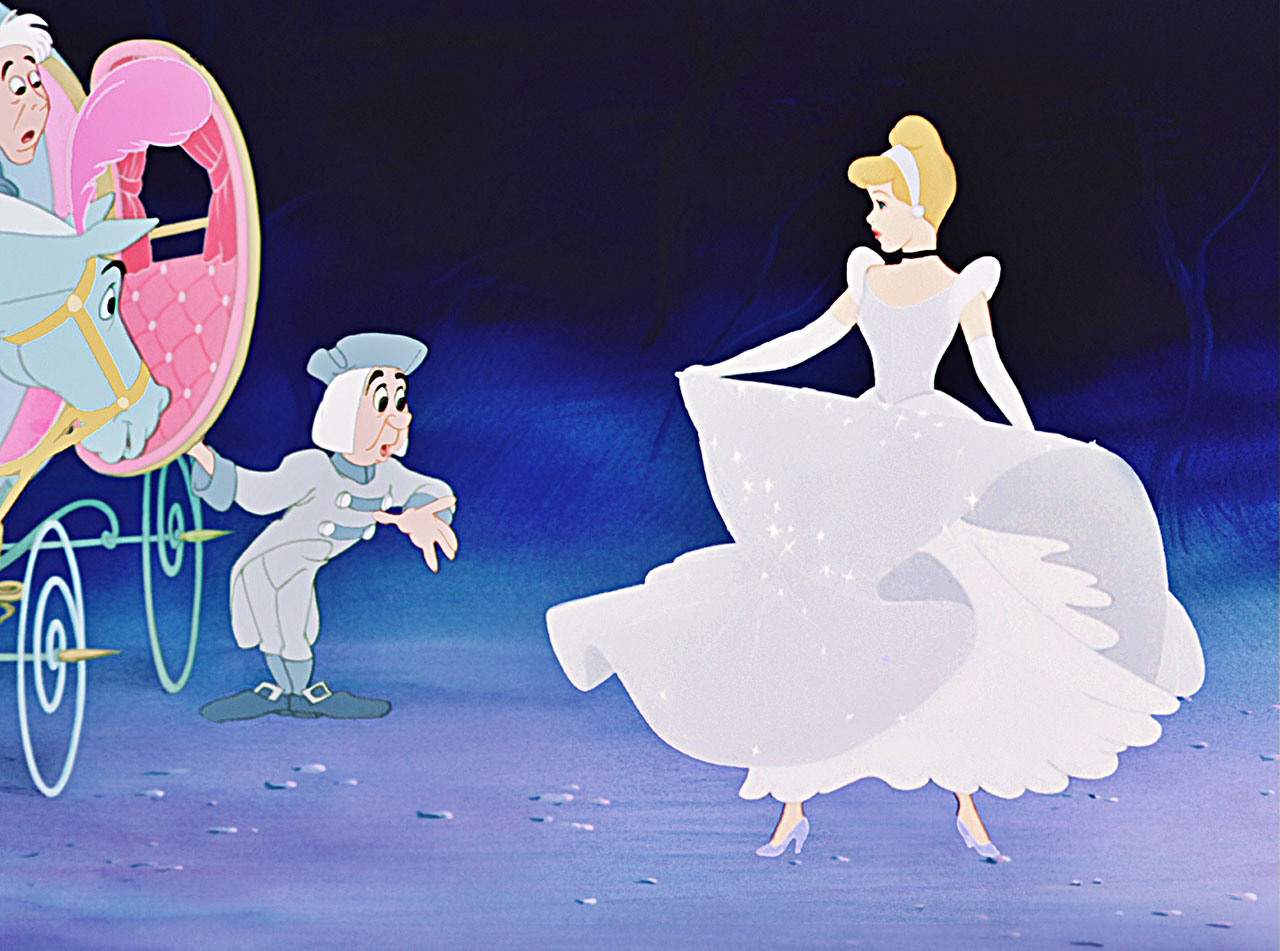News feed

Credit: Disney
The stereotypically gendered behaviours that have for decades characterised Disney’s princesses can have potentially harmful effects on preschool age girls, according to new research that tells as tale as old as time.
Brigham Young University Professor Sarah Coyne’s research, published this week in Child Development, found that these “safe”, age-appropriate films can influence preschoolers to become more susceptible to potentially damaging stereotypes that could prevent girls from experiences that aren’t perceived as feminine.
The study assessed how often a group of 198 preschoolers interacted with the paraphernalia of “Disney Princess culture”, from watching the movies to playing with toys and consuming affiliated products. The assessment of gender-stereotypical behaviour was based on the observations of teachers and parents, as well as an interactive task that asked children to sort and rank their favourite toys from a set that included dolls, tea sets, action figures and tool sets, alongside gender-neutral options like paint and puzzles. Coyne found that of the that 96% of girls and 87% of boys who had engaged with Disney Princess culture, more interactions predicted more female gender-stereotypical behaviour a year later.
Coyne’s study then contends that strongly gendered behaviour can pose a problem if it precludes girls from engaging with experiences that aren’t perceived as feminine or if they’re lead to believe their opportunities in life are limited because of their gender. Said Coyne:
“We know that girls who strongly adhere to female gender stereotypes feel like they can’t do some things. They’re not as confident that they can do well in math and science. They don’t like getting dirty, so they’re less likely to try and experiment with things.”
Interestingly, Coyne found that the young boys who participated in the study and engaged with Disney Princess media developed better body esteem and exhibited more helpful behaviour toward their peers, perhaps suggesting that princesses provide an antidote to the hyper-masculine stereotypes perpetuated by media targeted at young boys. However, the study also found that the more young girls engage with Disney Princesses, the worse their body esteem becomes over time.
“Disney Princesses represent some of the first examples of exposure to the thin ideal,” Coyne said in a press release accompanying her findings. “As women, we get it our whole lives, and it really does start at the Disney Princess level, at age three and four.”
Coyne ultimately suggests that it’s important parents engage their children in conversation about these characters and their behavioural traits in relation to gender, while allowing them to enjoy the films in moderation and balance with other interests.
“I’d say, have moderation in all things. Have your kids involved in all sorts of activities, and just have princesses be one of many, many things that they like to do and engage with.”
Good luck.
Tile and cover image: Disney










